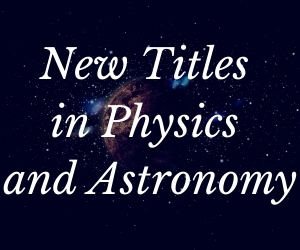System Upgrade on Tue, May 28th, 2024 at 2am (EDT)
Existing users will be able to log into the site and access content. However, E-commerce and registration of new users may not be available for up to 12 hours.For online purchase, please visit us again. Contact us at customercare@wspc.com for any enquiries.
The authors aim to reinstate a spirit of philosophical enquiry in physics. They abandon the intuitive continuum concepts and build up constructively a combinatorial mathematics of process. This radical change alone makes it possible to calculate the coupling constants of the fundamental fields which — via high energy scattering — are the bridge from the combinatorial world into dynamics. The untenable distinction between what is ‘observed’, or measured, and what is not, upon which current quantum theory is based, is not needed. If we are to speak of mind, this has to be present — albeit in primitive form — at the most basic level, and not to be dragged in at one arbitrary point to avoid the difficulties about quantum observation. There is a growing literature on information-theoretic models for physics, but hitherto the two disciplines have gone in parallel. In this book they interact vitally.
Contents:
- Introduction and Summary of Chapters
- Space
- Complementarity and All That
- The Simple Case for a Combinatorial Physics
- A Hierarchical Model — Some Introductory Arguments
- A Hierarchical Combinatorial Model — Full Treatment
- Scattering and Coupling Constants
- Quantum Numbers and the Particle
- Toward the Continuum
- Objectivity and Subjectivity — Some ‘ISMS’
Readership: Graduates, mathematical physicists, high energy physicists, philosophers of science and information theorists.























